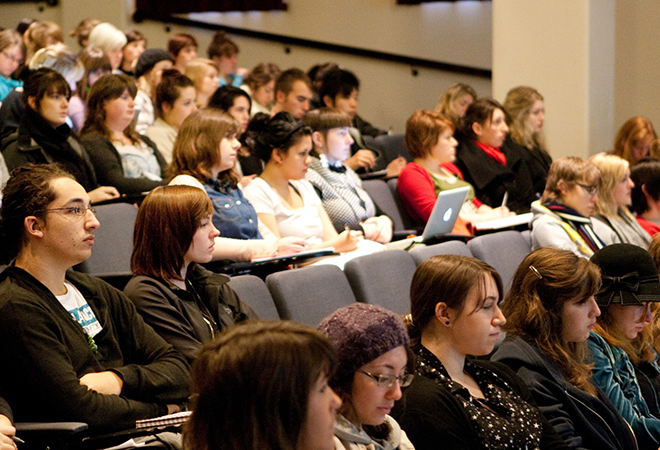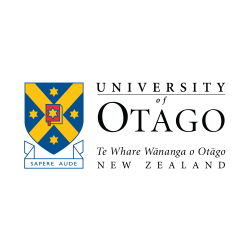
Learning in today’s academic environment
Status
Completed: 11 May 2015
Project Details
A project completed in 2015, undertaken by the University of Otago, to enable tertiary-level educators to better understand their students, including their inclinations and their learning environments, and to inform teachers about ways they can change their focus from creating a good teaching environment (teacher-focused), to enabling a positive learning environment (student-focused).
Aims:
The main aims of the project were to:
- investigate a number of influences on academic performance measured through course grades and student experiences
- explore what motivates students, how they learn and how they approach their studies
- develop and deepen understanding of how today's students learn over time, from entry in through to exit from university study
- to provide opportunities for tertiary teachers to become better informed and more effective educators, thus helping students meet the Graduate Profile.
Methodology:
The project used a mixed method approach involving:
- collecting information relating to academic progress for as many students as possible over a number of years
- participant classes completing questionnaires during class time – both open-ended text and Likert-scale quantitative responses were included
- supplementary information collected through a separate course evaluation system and student grades
- correlations between academic results and a variety of external influences highlight factors that promote student success and failure.
Team

Dr Kate Wynn-Williams
Project Leader
University of Otago
Nicola Beatson
University of OtagoStatus
Funding
$22,000.00 (excl GST)
Key Findings
The key findings from the project included:
- Attendance at weekly tutorial sessions has an effect; the less frequent the attendance the lower the grade.
- The use of unstructured business cases is often cited as enhancing a deep approach to learning, but in the context of this project, this claim was not supported.
- The sample of students for this focus area showed an increase in surface learning styles over the semester.
- For students in part-time paid employment, there is little effect on grades, but the perceived level of interference is related to grades.
- Interpreting the findings requires understanding the context within which the project is situated. This is also a significant conclusion, to recognise that teaching practices that are highly effective in one situation may not be so elsewhere.
Key Recommendations
The key recommendation from the project identified future research requirements:
Future research | Future focus points will be longitudinal in nature, tracking students and cohorts of students over time, tracking changes in cohorts of students as they progress through their degrees, relating to: study habits, voluntary engagement in class activities, leadership attributes, graduate attributes and goals and ambitions. Future research will also involve investigation into international students’ experiences.
A research report prepared by Kate Wynn-Williams and Nicola Beatson.
(PDF, 872 KB, 12-pages).
- 28 February 2015